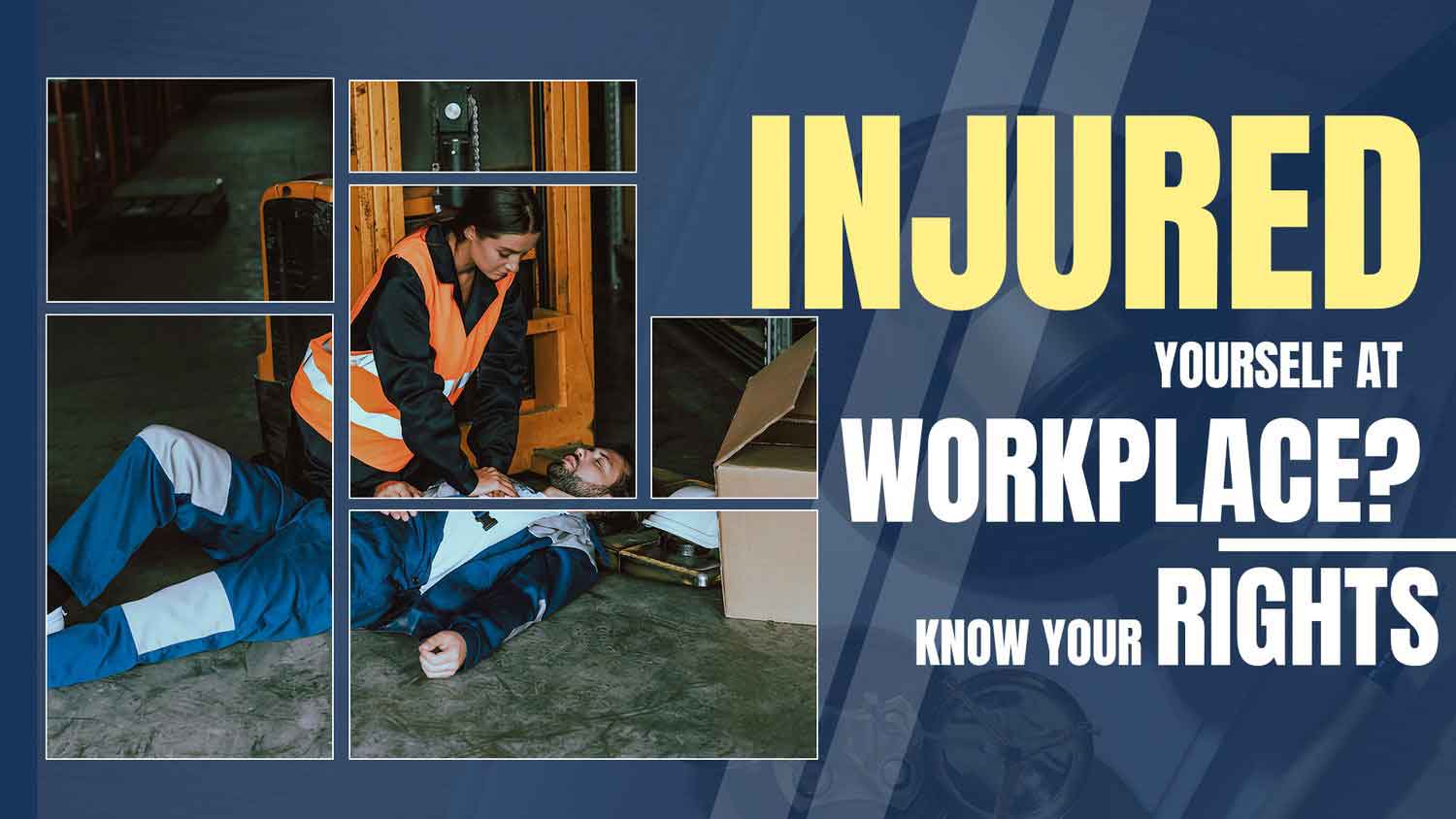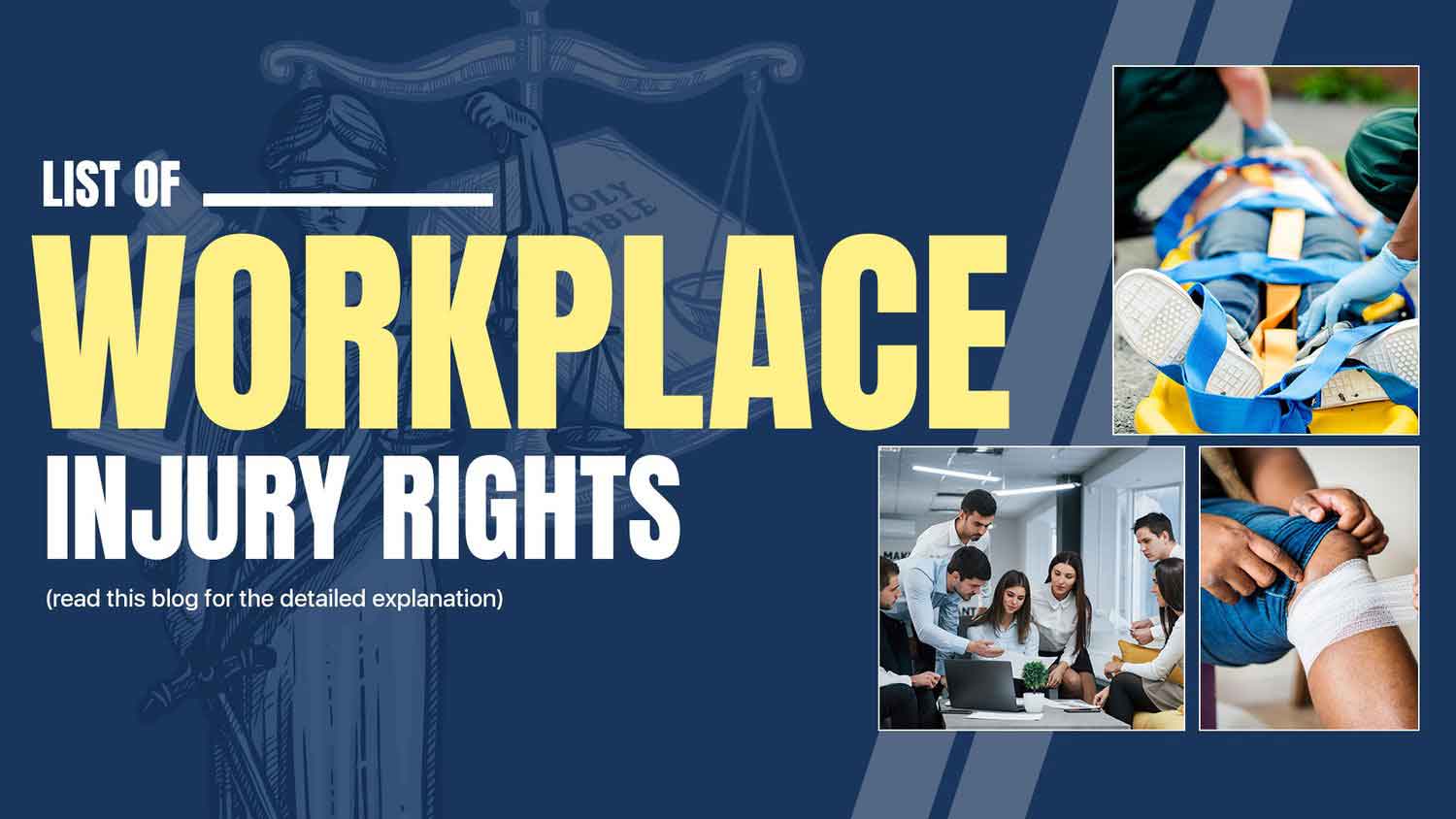
Every employee deserves a safe and healthy work environment. Sometimes, employers fail to provide it, resulting in employees sustaining injuries at work. But they can sustain injuries even when their employer upholds health and safety policies.
An employee may develop occupational illnesses or suffer from worsening pre-existing conditions. Each state has an employee-friendly system to provide help if they injure themselves at work, including workers’ compensation rights.
Legally, you must protect your rights upon sustaining an injury at work. To do it, you should report the incident to your employer as soon as possible. Doing this on the same day is ideal because most states have a time frame for this, and for some, it is the same day.
We understand that it may not be possible in some circumstances. But we recommend making haste.
Secondly, contact a workers’ compensation lawyer. They will help you file a claim with the court. This step ensures the employer and their insurance company receive a formal notice about the incident. Filing a claim initiates some automatic rights protections.
Get A Free Case Consultation Now

A Look Into Your Workplace Injury Rights
Workers’ compensation laws vary for each state. Your rights and the associated legal procedures may differ. But some rights stay the same across. They are:
- Right to disability compensation if you become incapable of working temporarily or permanently because of the injury.
- Right to consult with a medical professional for treatment.
- Right to hire a lawyer to help you through the process.
- Right to return to your job if your doctor advises you.
- Right to file a claim for damages in the workers’ compensation court or industrial court.
- Right to appeal a decision of the employer or insurance compensation court or even the workers’ compensation court.
Employees must realize their right to refuse offers or requests. For example, you have the right to refuse any incentive your employer offers to keep you from filing a workers’ compensation claim or the right to say no if your employer encourages you to pay for your medical treatment. The law severely penalizes employers who hamper employee rights.
Your Rights Against Other Parties
In some instances, an employee may be injured on the job because of another party’s negligence. It could be the manufacturer of a faulty piece of equipment or a machinery operator. In such cases, you have the right to file a third-party claim against the liable person. However, these are not part of your workers’ compensation claim and are instead civil lawsuits filed in a state or federal court.
You may also claim extra compensation for personal injury in a civil lawsuit that a workers’ compensation claim does not provide. Like, the workers’ compensation claim benefits you get are reimbursement for medical expenses and lost wages, not for pain and suffering. But you can claim compensation for pain and suffering in a third-party claim (non-economic damages).
Conclusion:
There are many legal elements associated with workers’ compensation. You can consult with a legal professional to understand what these factors are, how they influence your claim, and what you can do to earn the deserved compensation.


